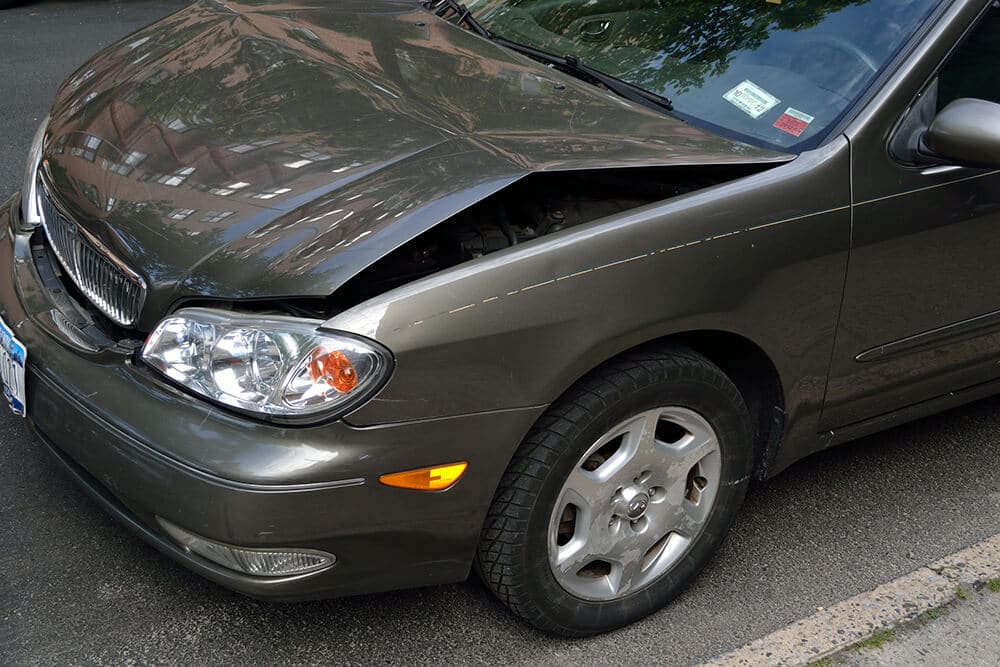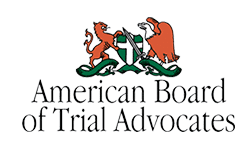How Is Fault Determined in Collisions Involving Company Vehicles?

On average, employers in the United States pay out $25 billion annually for motor vehicle accidents at work. After a serious accident in a company vehicle, it’s imperative to determine who’s liable. While employees may believe they’re covered under their company policy, this isn’t always the case.
If you’ve been in an accident involving a company vehicle, understanding your rights and legal options is crucial for your future. There’s also the matter of the difference between workers’ compensation and liability insurance. Let’s start by taking a look at determining whether the company or employee is responsible for a crash.
Company Responsibility vs. Employee Responsibility
In most cases, employers are responsible for collisions involving company vehicles their employees were driving. As a result, they’re liable for the injuries and property damage. So, the employer’s liability coverage protects the employee from having to personally pay for damages to the injured victims. If the employer is liable, it’s likely they’re also responsible for the employee’s legal fees if they are named in a lawsuit after the wreck.
For example, let’s say an employee crashed a company vehicle while on the way to an appointment with a client. If they were making a sales call at the time of the accident and the other driver suffered injuries and property damage, the employer’s commercial insurance should cover the damages at no cost to the employee.
In some situations, the employee is responsible for the accident. Examples include:
- Criminal Activity. Employers are exempt from covering accident-related damages if their employee was committing a crime while driving a company vehicle. If the accident involves a crime, like drinking and driving, the employer can refuse to provide compensation for the crash.
- Non-Business Activity. Employees typically aren’t covered while driving to and from work, or while on recreational travel outside of business hours—even if they’re driving a company vehicle.
- Neglecting Duties. If an employee is goofing off while driving a company vehicle or running personal errands on the clock, their employee does not have to cover an auto accident. This is sometimes referred to as “going on a frolic.”
- Independent Contractor. Employees who have to use their own vehicles for work, like for pizza deliveries, may not be protected from personal liability while on the job. If an employee leases a company-owned vehicle, like a tractor-trailer, their contract could have language that makes them liable for any collision.
Understanding Vicarious Liability
As mentioned, employees are responsible for the actions of their employees in most situations. In regard to the law, this is referred to as vicarious liability. Under vicarious liability, employers are liable for the actions and inactions of their employees, whether they’re negligent or not.
It’s important to remember, however, that the act has to be within the scope of employment to be covered under vicarious liability. This means it must be authorized by the employer or closely related to an authorized act that the employer should be held responsible for.
Vicarious liability may apply in a situation where you were running errands for work, heading to a training meeting, or traveling to and from any place your employer directed you to drive to. It does not apply when you’re driving to and from work or going to other places besides where your employer told you where to go.
As an employee, it’s a good idea to have an understanding of the type of insurance policy your employer carries. While many companies have collision coverage that extends to their employees, some do not. If you’re responsible for driving a company vehicle, clarify this with your employer before you get behind the wheel.
Workers’ Compensation and Liability Insurance
If you’ve been injured in an accident in a company vehicle and your employer is liable, there are two different types of insurance that could cover your damages. Workers’ compensation typically covers medical bills, out-of-pocket expenses, and a portion of lost wages. Liability insurance pays for the damages sustained by third-parties.
Your employer could have two different types of liability insurance. A general liability policy protects your employer by paying for damages to third-parties in all different situations. A commercial vehicle policy is similar, but the coverage is typically higher and there are exceptions that could limit coverage availability. Understanding the insurance your employer carries is crucial, so you have an idea of what happens in the event of a collision.
If you’ve been injured in an accident, it’s important to understand what steps to take to secure your future. At Pittman Roberts & Welsh, PLLC, we have extensive experience representing all types of car accident victims. Contact our office today for a free case evaluation.







